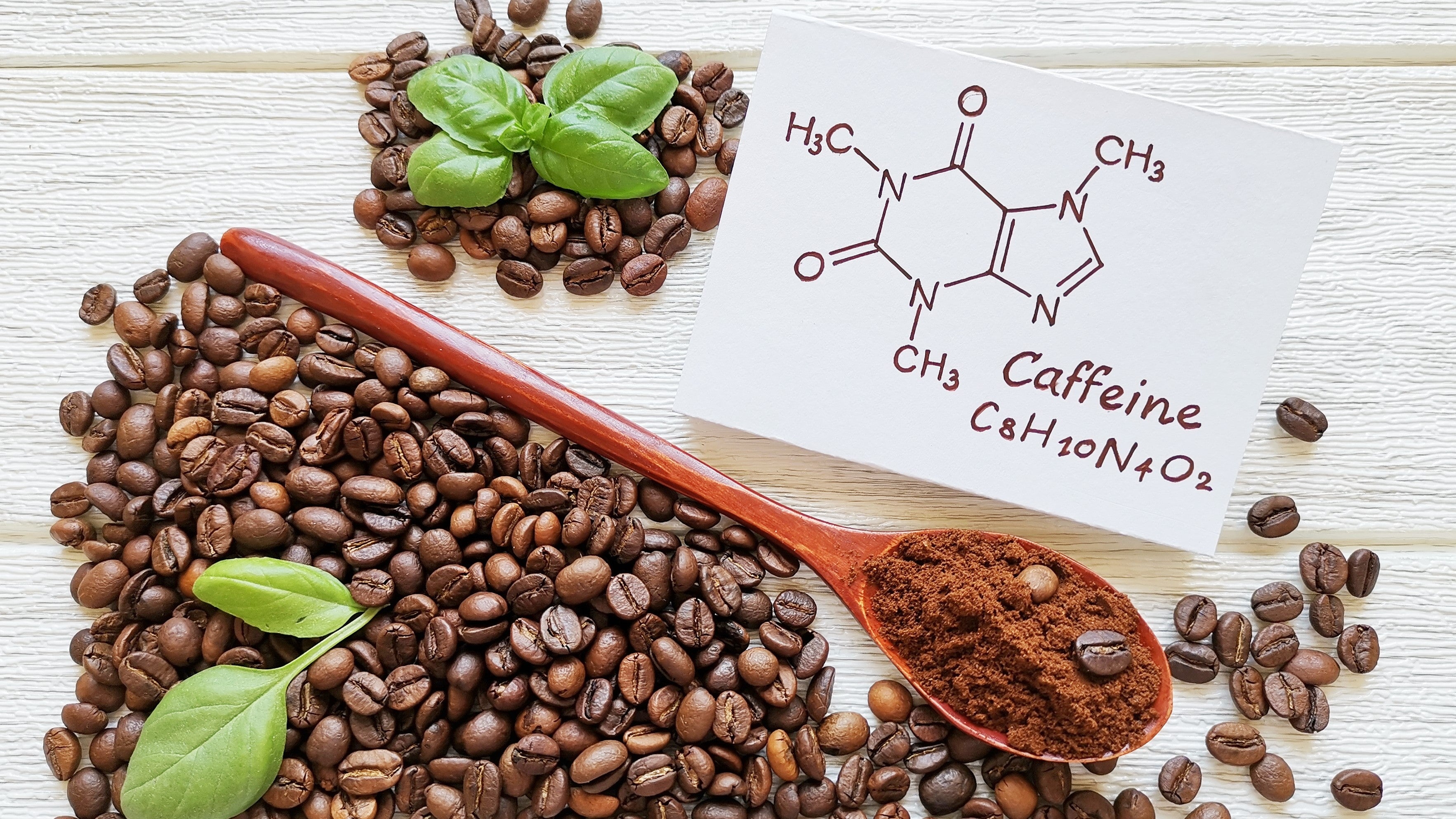
Caffeine 101: The 'How' behind your Java Jolt
Have you ever been curious to dive deeper into the 'how' of your coffee's energy boost? Whether you're into lattes or straight-up black coffee, let's talk about the caffeine buzz that turns your daily brew into a wake-up ritual.
1. What is Caffeine?
Caffeine is a natural stimulant found in coffee beans, tea leaves, and certain plants. It belongs to a class of compounds called Xanthines; and of course we all want to consume it for it's super power benefits: boosting our alertness and helping us tired moms stay awake after a long night up with the baby. 😀

2. Why do Coffee Beans Produce Caffeine?
So why would a coffee plant make caffeine? To defend itself from bugs, of course! And because we humans are genius, (sometimes anyway) We discovered that when we turn those beans into coffee, we unlock the power-packed energy of caffeine. (I'll bet it was a tired mom that first figured out what happens when you roast a bean, crush it up and pour hot water over it.) 😀
3. How Caffeine Does Its Thing
Curious why your morning conversations don't go so well until you've had that first cup of Mama Java? Well, the caffeine is your morning support system. It goes to your brain and blocks a messenger called adenosine, which is what tells your body it's time to rest. Caffeine steps in and says, "Not today!" That's why you feel awake and focused, (and can thus hold better conversations with the rest of the household).

4. Can You Have Too Much Caffeine?
As awesome as caffeine is, make sure to enjoy it in moderation. Too much caffeine can make you jittery and mess with your sleep. Experts suggest around 100-200 milligrams of caffeine a day, so keep that in mind when you are tempted to drink too many cups in day. (I know it's hard to moderate delicious, fresh roasted coffee... but you can always grab a bag of decaf for when you are craving the taste of a steaming cup of Java)
5. The Differing Strengths of Caffeine
Coffee strength? It's not all about the roast. Despite common belief, darker roasts don't necessarily pack more caffeine than lighter ones. While roasting does lead to some caffeine loss, the difference is small. Lighter roasts, with their shorter time on heat, retain a bit more caffeine compared to their darker counterparts. The bold flavor of dark roasts might be mistaken for a stronger kick, but it's not about the caffeine. The real factors? The type of bean and how you brew it play a more vital role in determining your cup's caffeine concentration.
6. The Benefits of Swiss Water Decaf Coffee:
The Swiss Water Decaffeination Process, in which our coffee is decaffeinated using an environmentally friendly, chemical-free, 99.9% caffeine-free water process all the while still retaining the health-boosting antioxidants that make coffee so good for you!